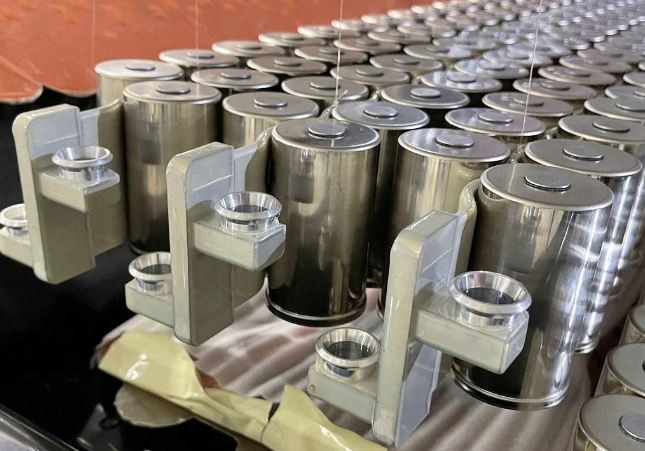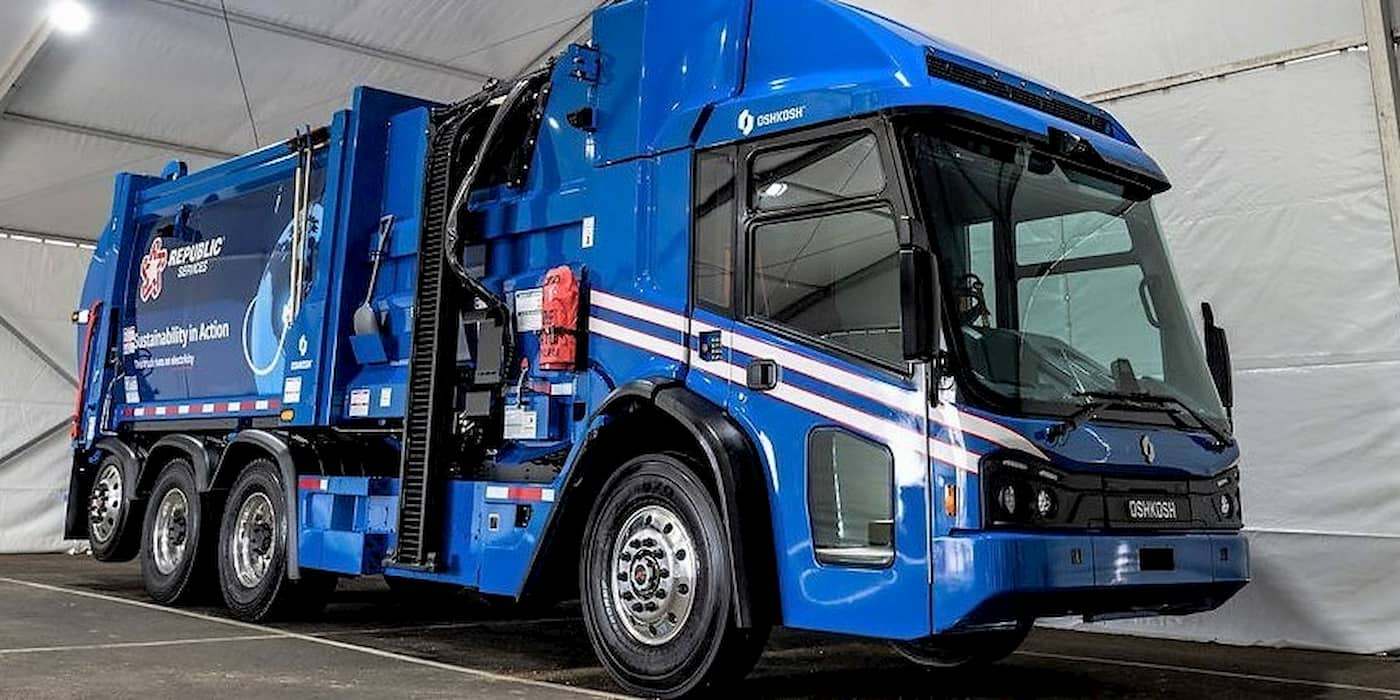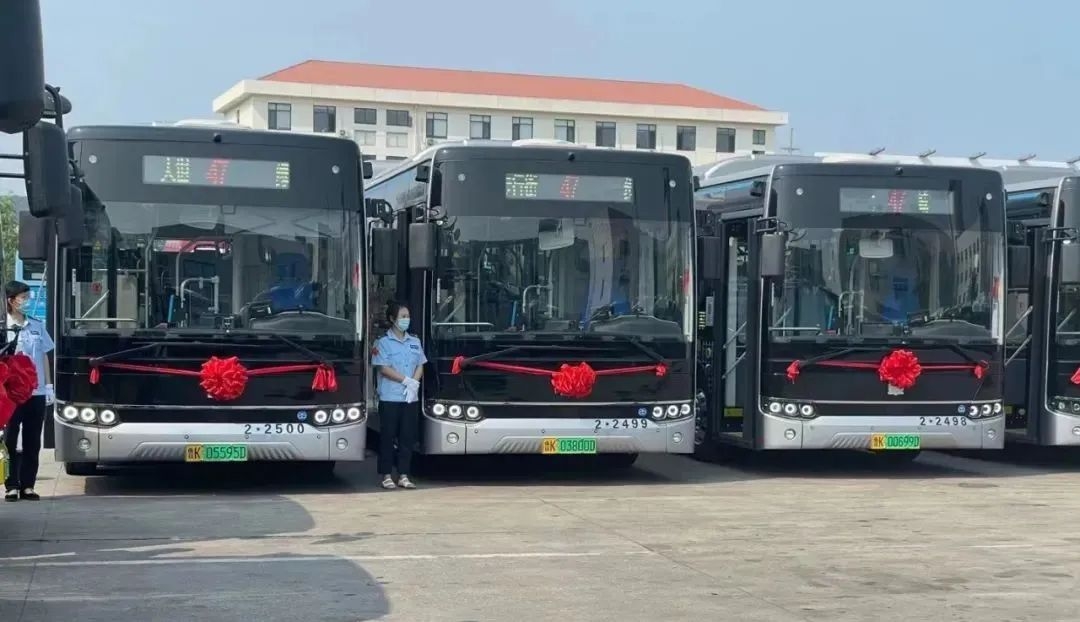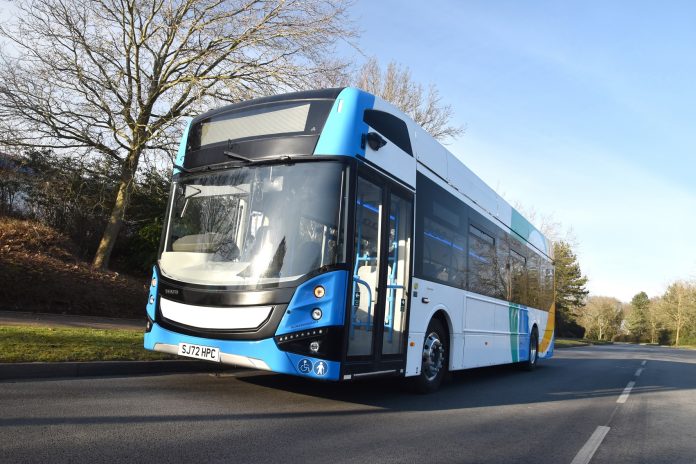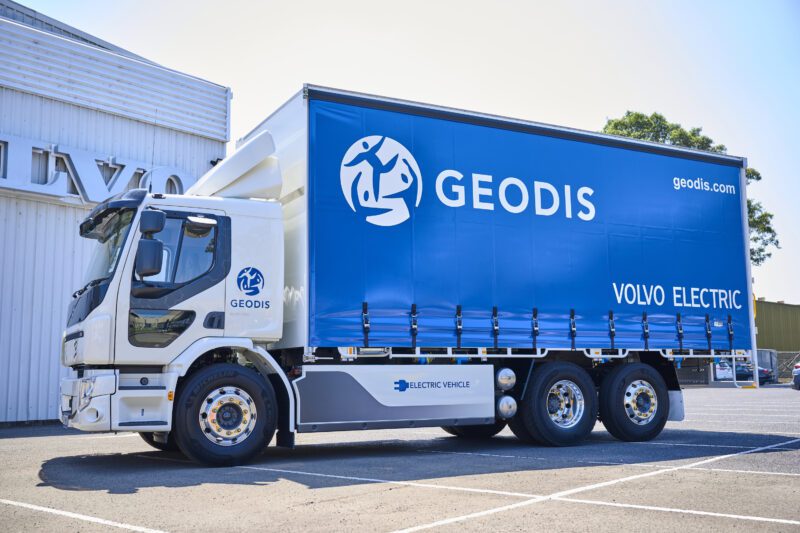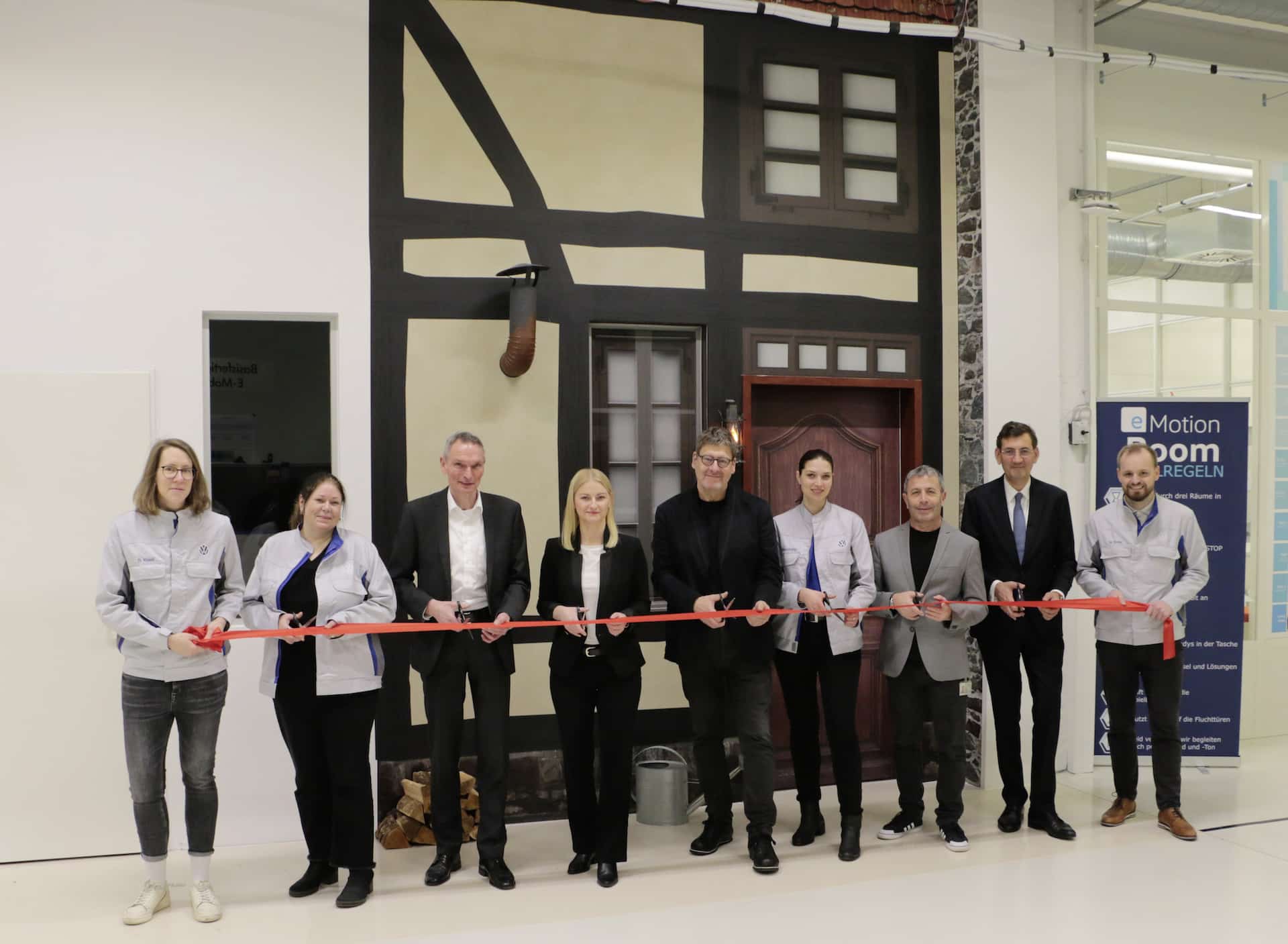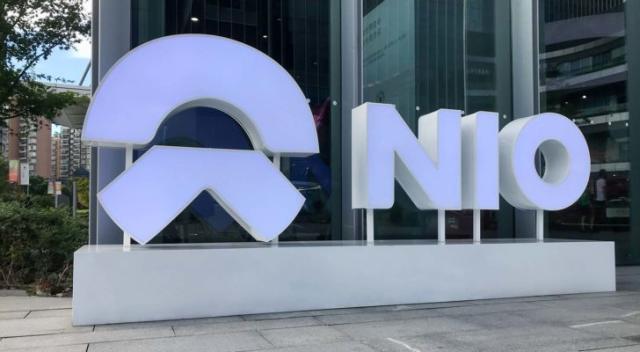Australia’s Magnis Energy has signed a binding agreement with Tesla to supply battery anode materials for a minimum of three years starting in February 2025. This deal is a significant milestone for Magnis Energy, and it underscores the growing importance of battery materials in the world’s transition to clean energy.
As the world moves towards decarbonization, the demand for electric vehicles (EVs) is growing at an unprecedented rate. According to a report by BloombergNEF, global EV sales are projected to grow from 1.7 million in 2020 to 26 million in 2030. This exponential growth in EV sales is driving the demand for critical minerals used in battery production, such as lithium, cobalt, nickel, and graphite.
See also: Nearshoring and the race to domesticating key minerals for electric vehicles
The agreement with Tesla comes as automakers race to secure the supply of critical minerals and reduce their dependence on China, the world’s largest producer of electric vehicle batteries. China’s dominance in the EV battery market has raised concerns about supply chain security, as well as environmental and social issues related to the extraction of critical minerals.
Australia is well-positioned to capitalize on the growing demand for critical minerals, thanks to its abundant reserves of lithium, cobalt, nickel, and graphite. The Australian government has identified critical minerals as a strategic priority, and it has launched initiatives to support the development of its critical minerals industry.
In addition to Magnis Energy, several other Australian companies have signed supply agreements with Tesla. BHP Group, one of the world’s largest mining companies, has signed a deal to supply nickel to Tesla. Syrah Resources, Liontown Resources, and Piedmont Lithium have also signed agreements to supply critical minerals to Tesla.
Under the agreement with Tesla, Magnis Energy will supply a minimum of 17,500 terapascals of anode active material (AAM) used in the production of lithium-ion batteries. The supply could go up to 35,000 terapascals from a facility in the US, which is yet to be built. Magnis Energy aims to finalize the location of its commercial AAM facility in the US by June 30, and commence production by February 2025.

